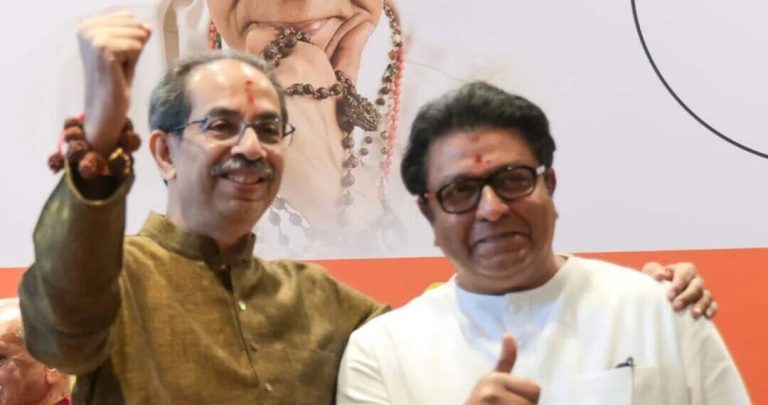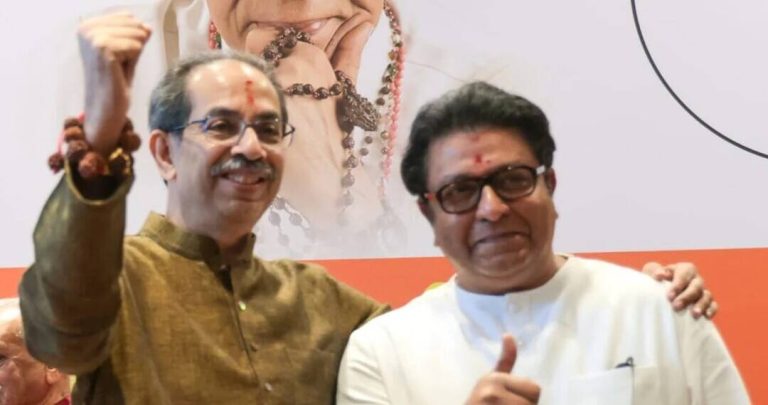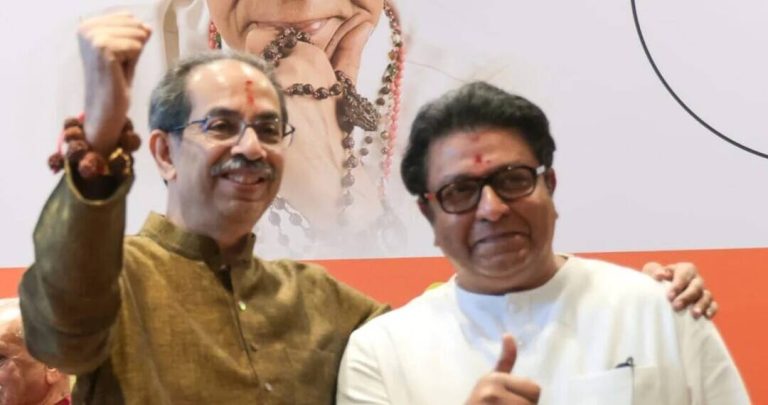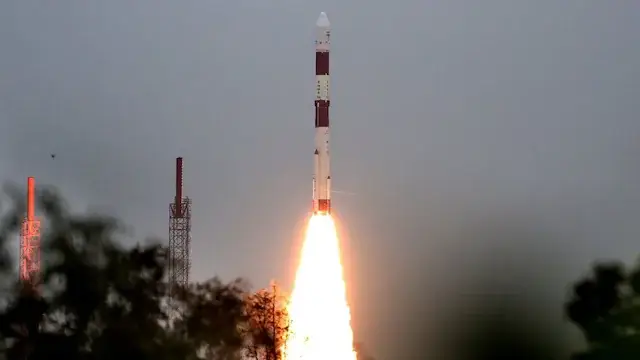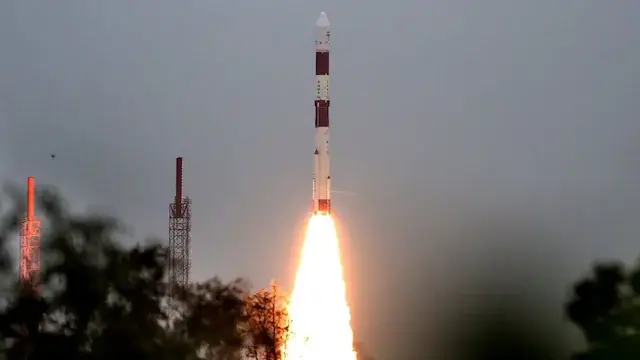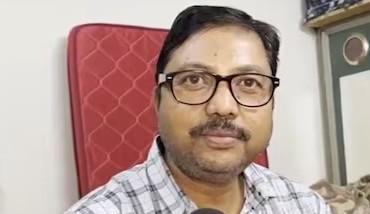
Asked Russia for Cancer Vaccine Trial on Son, They Replied: UP Man
The desperation of a parent to save their child from a life-threatening disease knows no bounds. For Manu Srivastava, a resident of Lucknow, Uttar Pradesh, this desperation has led him to reach out to the Russian authorities in a bid to save his 21-year-old son, who is battling cancer. Srivastava’s son has been diagnosed with a type of cancer that has limited treatment options available in India. However, a new Russian cancer vaccine, which is currently undergoing trials, has given the family a glimmer of hope.
The Russian cancer vaccine, which is still in its experimental stages, is not available in India. The Indian government has stated that the vaccine is currently being tested only in Russia, and it may take some time before it is approved for use in other countries, including India. This has led Srivastava to appeal to the Russian authorities to consider including his son in the ongoing trials of the vaccine.
In a remarkable display of determination and perseverance, Srivastava wrote to the Russian authorities, requesting that his son be included in the trials of the new cancer vaccine. The response from the Russian authorities has been positive, with the embassy in India replying to Srivastava’s request and stating that it is under consideration. The embassy has also forwarded Srivastava’s request to the Russian Health Ministry, which will take a final decision on the matter.
Srivastava’s efforts to save his son have not been limited to reaching out to the Russian authorities. He has also written to the Indian government, seeking their assistance in obtaining the vaccine for his son. However, the Indian government has stated that the vaccine is currently being tested only in Russia, and it may take some time before it is approved for use in other countries, including India.
The story of Srivastava and his son is a heart-wrenching one, and it highlights the challenges faced by families who are dealing with serious illnesses. The lack of access to new and experimental treatments can be a significant obstacle, and it is not uncommon for families to go to great lengths to seek out alternative options.
The Russian cancer vaccine that Srivastava’s son is hoping to access is a promising new treatment that has shown positive results in early trials. The vaccine uses a unique approach to target cancer cells, and it has been shown to be effective in treating a range of different types of cancer. However, like all experimental treatments, it is still in the early stages of development, and more research is needed to fully understand its safety and efficacy.
The fact that the Russian authorities have responded positively to Srivastava’s request is a significant development, and it offers a glimmer of hope for the family. However, the road ahead will not be easy, and there are many challenges that need to be overcome before Srivastava’s son can access the vaccine.
One of the biggest challenges will be navigating the complex regulatory framework that governs the use of experimental treatments. The Russian Health Ministry will need to carefully consider Srivastava’s request, and it will need to weigh the potential benefits of the vaccine against the potential risks. The Indian government will also need to be involved, and it will need to provide its approval before the vaccine can be administered to Srivastava’s son.
Despite the challenges, Srivastava remains hopeful that his son will be able to access the vaccine. He is determined to do everything in his power to save his son, and he is willing to go to great lengths to make that happen. The story of Srivastava and his son is an inspiring one, and it highlights the importance of perseverance and determination in the face of adversity.
In conclusion, the story of Manu Srivastava and his son is a heart-wrenching one that highlights the challenges faced by families who are dealing with serious illnesses. The lack of access to new and experimental treatments can be a significant obstacle, and it is not uncommon for families to go to great lengths to seek out alternative options. The Russian cancer vaccine that Srivastava’s son is hoping to access is a promising new treatment that has shown positive results in early trials. While there are many challenges that need to be overcome before the vaccine can be administered, the fact that the Russian authorities have responded positively to Srivastava’s request offers a glimmer of hope for the family.
